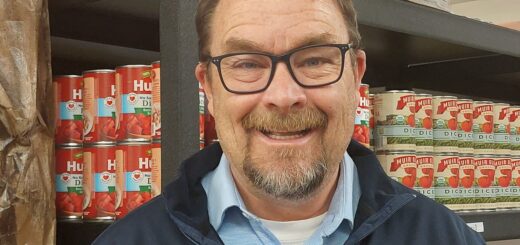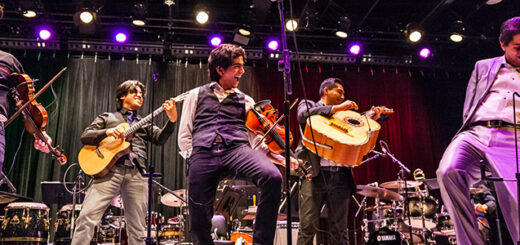From conflict to collaboration: Salmon recovery in NCW turns 20
One of the more powerful examples of overcoming animosities and finding common ground and mutual trust and respect can be found in the work of the Upper Columbia Salmon Recovery Board, which is celebrating its 20th anniversary this week.
Turn back the clock to the late 1990s when declining salmon runs triggered the listing of multiple salmon runs in North Central Washington and all hell broke loose. The salmon wars in the Methow Valley in which NOAA Fisheries threatened to turn off water to farmers and the tremendous backlash that occurred created a unique opportunity for this region to make a choice — fight the listings and do battle in the courts or come together and figure out ways to collaboratively help improve fish habitat while addressing the needs of farmers and other users.
The Methow Valley led the way in using a collaborative approach to find common ground and this stands as a testament to the power of the process.
One of the driving forces behind the choice to work together was the late Chelan County Commissioner Esther Stefaniw, a New Yorker with a matter of fact and sometimes blunt demeanor but someone who was committed to bringing people together to find common ground.
The Legislature took action to allow local partners to create a salmon recovery plan rather than having one imposed by the courts. Key partners included Chelan, Douglas and Okanogan counties, the Yakama and Colville tribes in collaboration with technical specialists from the region and various conservation organizations.
It took eight years of painstaking trust and relationship building to put together the salmon recovery plan for the Upper Columbia. You have to remember that in the late 1990s, Chelan County was being sued by the Yakamas over critical habitat rules. It was very tense.
But the vision of the commissioners and the tribes set the stage for finding a workable solution in which no party got everything it wanted, but in the end, everyone believed they could live with the result.
The staff at the Upper Columbia Salmon Recovery Board based in Wenatchee was in charge of facilitating that laborious but ultimately successful process.
In the past few weeks, I’ve had the opportunity speak at length with key individuals, including Bob Bugert, who at one time was the Eastern Washington regional coordinator for the Governor’s Salmon Recovery office, Paul Ward of the Yakama Tribe, former Chelan County Commissioner Ron Walter, Bill Towey, who worked for the Colville Confederated Tribes, and Barbara Carillo of the Salmon Recovery Board.
What an amazing group of people who care about the communities, our fish and wildlife, our environment and each other.
Despite the original atmosphere of contention and acrimony, remarkable working relationships were built over time. The partners agreed early on that no one would give up jurisdictional authority. Furthermore, they decided that they work on a consensus basis which meant they continued talking and working the problem until everyone was on board. They spent a lot of time listening and learning about the concerns of everyone around the table.
One other critical aspect was that they used technical teams to help navigate the issues, but also utilized civic leaders to ensure that the solutions would be accepted in communities. Ultimately, the solutions that come out of this scientifically-grounded and community supported process is a suite of projects that rely on willing landowners and sponsor organizations to put the work on the ground. Without these partners none of this work would happen.
The impacts on the quality of the fish habitat in our streams have been significant, with the state and federal funding of projects identified by the UCSRB in North Central Washington. This doesn’t always translate into more fish in any given year, because there are so many other factors, such as ocean conditions, the hydroelectric system, harvesting and hatcheries at play. Not to mention the legacy of past land use and fish management that caused the decline of the salmon in the first place. However habitat restoration and protection of our local streams and rivers continues to form the foundation for healthy salmon runs now and into the future. Without it we would lose our salmon altogether.
River restoration has other benefits for the people of North Central Washington besides the fish it returns. Because of restoration and protections efforts we have cleaner water and healthier streams and enjoy the economic benefits of salmon fisheries and restoration construction.
We can be tremendously proud of the work that has been done in a collaborative manner to improve fish habitat in our region.
The approach of the UCSRB reminds us that working together is by far the most effective way of solving issues. Imagine what else we can tackle together.



